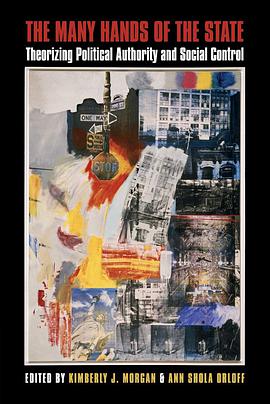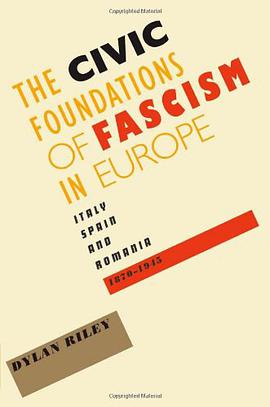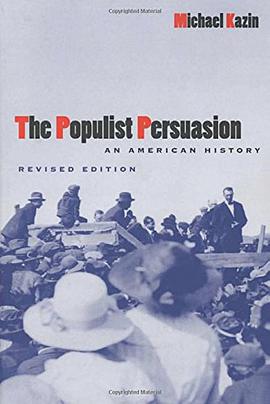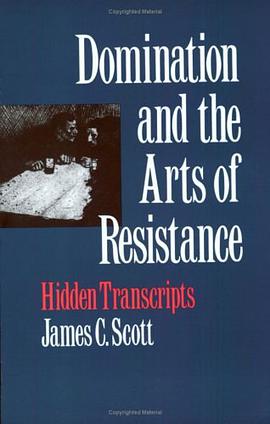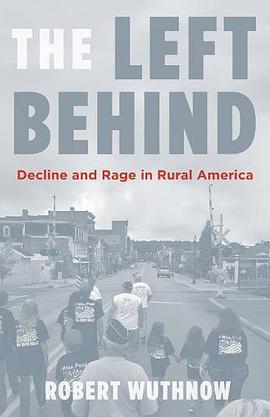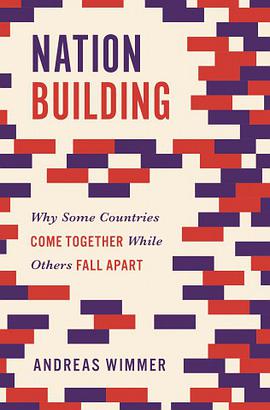The Age of Wild Ghosts 豆瓣 谷歌图书
作者:
Erik Mueggler
University of California Press
2001
- 4
"In terms of its richness of data, this is one of the best ethnographies I have read about any locale anywhere. It is also exemplary in its novel and creative synthesis of literary analysis and more conventional social science-oriented anthropology. . . . The book has a consistent focus, both disturbing and riveting, on the ways that pain, loss, and social upheaval are woven into people's attempts to reconstitute new lives over some fifty years of rapid social change."—P. Steven Sangren, author of Chinese Sociologics
"Mueggler writes with uncommon grace, elegance, and charm. . . . Readers will come away from this book with lasting memories of various aspects of these peoples’ lives—death, hunger, fear, sex, humor—and with an understanding of their all-too-powerful humanity as well as their genius for adapting their lives to the often-changing demands of the communist state."
Robert B. Edgerton, author of Death or Glory
"A rare work that really gives us a new way of thinking about what modernity (or one version of it, anyway) means to people who have had it thrust upon them involuntarily."
Kenneth Pomeranz, author of The Great Divergence
"Mueggler writes with uncommon grace, elegance, and charm. . . . Readers will come away from this book with lasting memories of various aspects of these peoples’ lives—death, hunger, fear, sex, humor—and with an understanding of their all-too-powerful humanity as well as their genius for adapting their lives to the often-changing demands of the communist state."
Robert B. Edgerton, author of Death or Glory
"A rare work that really gives us a new way of thinking about what modernity (or one version of it, anyway) means to people who have had it thrust upon them involuntarily."
Kenneth Pomeranz, author of The Great Divergence


